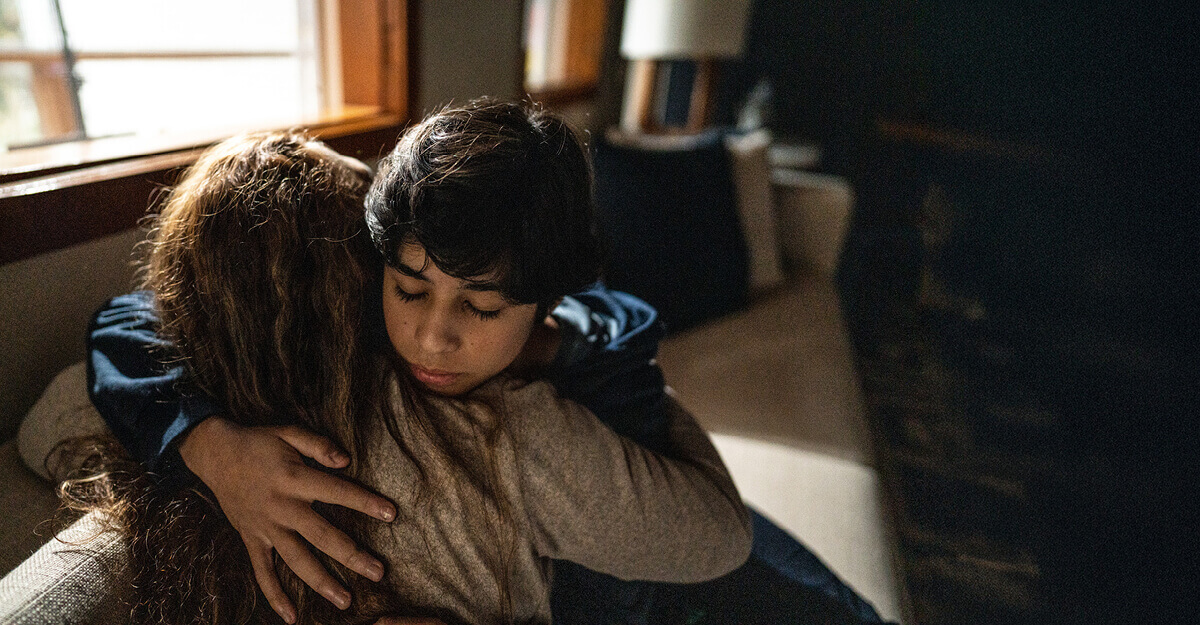Suicide is never an easy topic to bring up, especially with your child. But avoiding the conversation can leave teens feeling even more alone. At Ellipsis, we believe in facing hard things head-on, and that includes breaking the silence around suicide prevention.

While talking about suicide can feel scary, research shows that discussing it does not plant the idea. In fact, open and honest conversations can be lifesaving. If you're a parent, guardian or caring adult, your willingness to talk — and listen — could be the support a teen needs most.
Know the signs
Teenagers often struggle to express what they’re feeling. That’s why it’s important to look for signs that something deeper may be going on. Not every teen will show the same behaviors, but some common warning signs of suicide risk include:
- Withdrawal from friends, family or favorite activities
- Noticeable changes in mood (sadness, anger or hopelessness)
- Loss of interest in school, hobbies or plans
- Talking or writing about death and dying
- Giving away possessions or saying goodbye to people
- Increased use of alcohol or drugs
- Sleeping too much or too little
- A sudden sense of calm after a long period of depression
Trust your instincts. If something feels off, lean in — not away.
Start the conversation
You don’t have to be a mental health expert to support a teen in distress. You just have to be present, compassionate and willing to talk. Here are a few tools and tips to help guide the conversation:
- Pick the right moment. Choose a time and space that feels safe, private and free from distractions.
- Ask directly. If you’re worried about suicide, say so: “Have you been thinking about hurting yourself?” Direct questions show you're not afraid to have this conversation.
- Listen without judgment. Let them talk.
- Be calm and supportive. Even if you're panicking inside, staying grounded helps them feel safe.
- Don’t promise to keep secrets. If a teen is at risk, it's essential to seek help — even if they ask you not to.
Help them get help
Sometimes the conversation is just the beginning. Knowing where to turn for support can make all the difference.
Ellipsis supports families and offers critical services for kids who are struggling. Whether it’s providing a place to stay, therapy or wraparound support, our team is committed to walking alongside Iowa youth through their toughest moments.
That said, if you know a young person in immediate crisis, it’s important to connect with urgent resources:
- Call or text 988 — the Suicide & Crisis Lifeline — for free, confidential support 24/7.
- Your Life Iowa offers statewide support, referrals and live chat for mental health, suicide prevention and substance use.
You’re not alone — and neither are they
Talking about suicide might be the hardest conversation you ever have. But it could also be the most important. By opening the door, you show your teen that they matter, that you’re there and that there’s hope on the other side of what they’re feeling.
We can’t always prevent the pain, but we can make sure no one has to carry it alone.
Taking the Next Step
If you’re ready to take the next step in supporting your child, we’re here.
